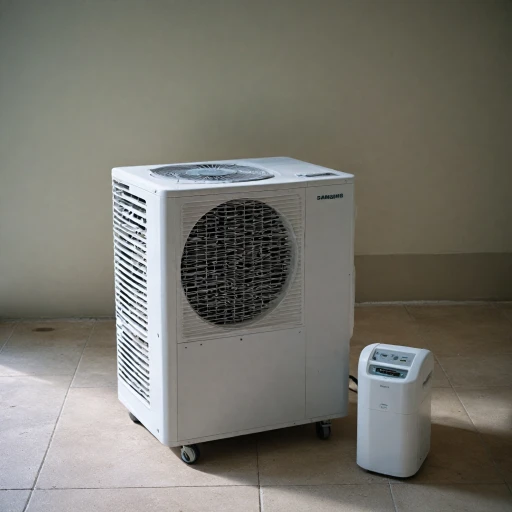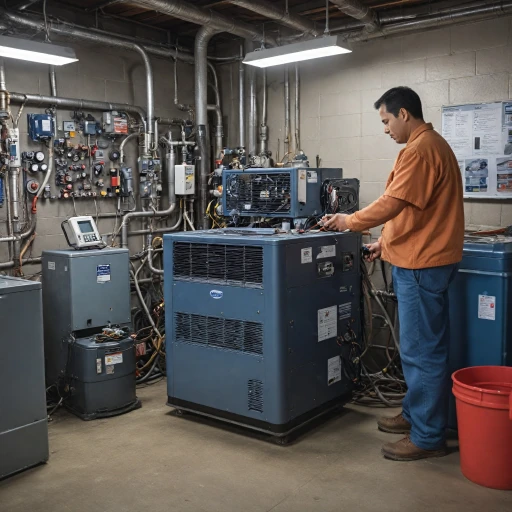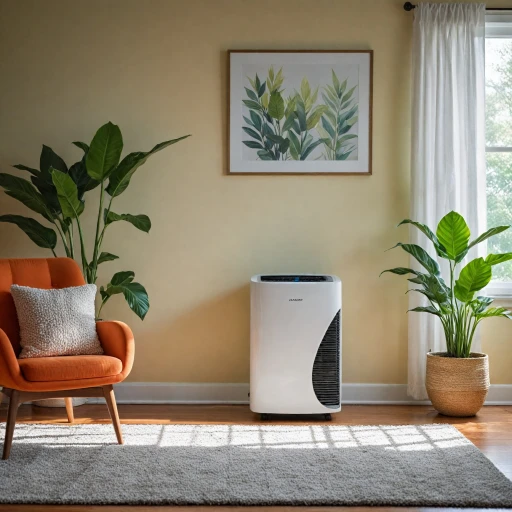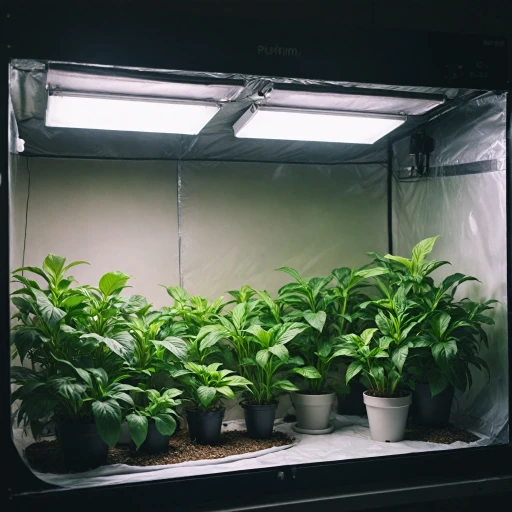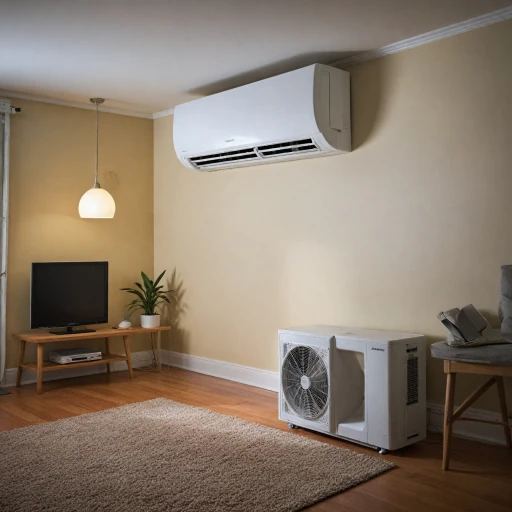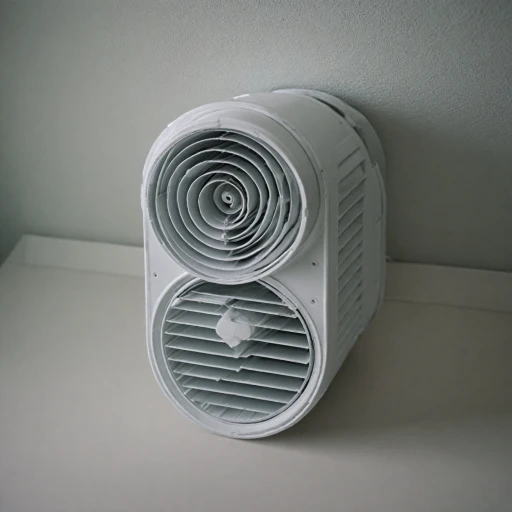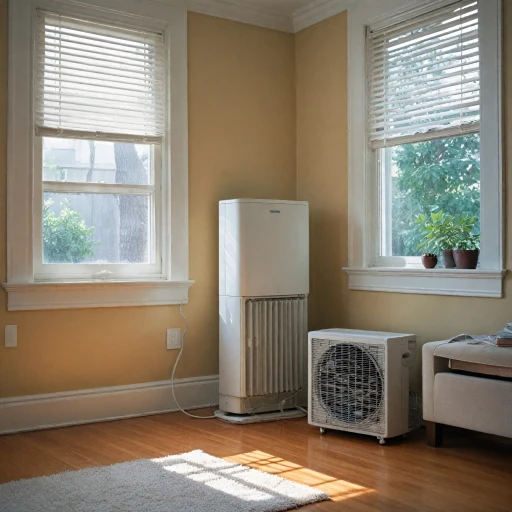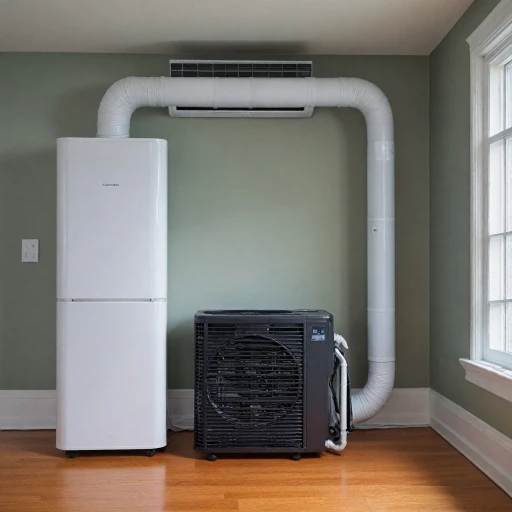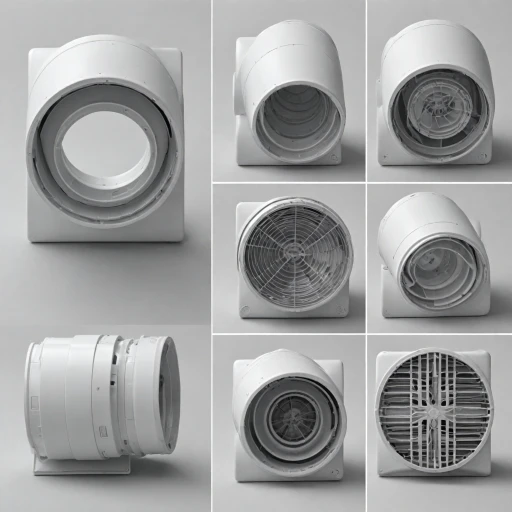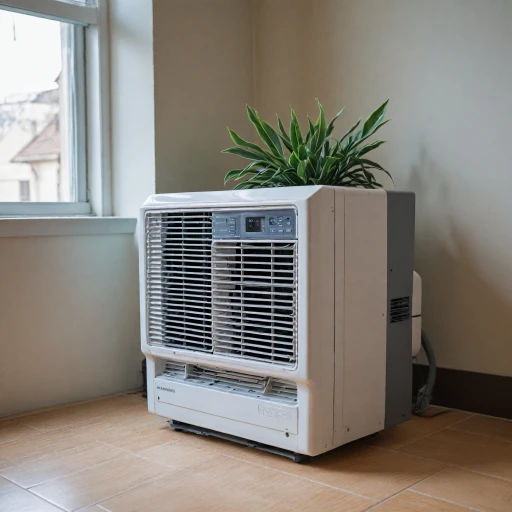
Understanding the Role of Basement Air Vent Fans
The Importance of Effective Ventilation in Your Basement
Developing a well-functioning ventilation system in your basement is crucial for maintaining optimal air quality and preventing moisture buildup, which can lead to mold or mildew problems. Ventilation fans, particularly those designed for basements, serve as essential tools in ensuring that fresh air circulates effectively throughout the space. One of the primary functions of basement air vent fans is to regulate temperature and remove stale air, which can be a particular concern in enclosed spaces like basements. By installing exhaust fans or ducts, you encourage the exchange of air, bringing in cooler, fresh air from outside while pushing out warmer, humid air.Enhancing Air Quality with Proper Ventilation Fans
In addition to temperature control, ventilation fans directly impact the air quality within a basement. By reducing humidity levels, they help prevent the accumulation of water that can encourage the growth of bacteria and other microorganisms harmful to your health. High-performance ventilation fans, such as energy-efficient wall-mounted models, are designed to move air efficiently through a room or crawl space. Understanding the different fan options available, ranging from portable products to fixed systems, allows you to choose the one that suits your specific needs. Consider the size of your basement and the layout, including features such as low ceilings or a crowded crawl space, when selecting fans. Reputable products often include ventilation features specifically designed to cater to these varied environments. For more detailed insights on the intricacies of basement ventilation systems, consider reading about the benefits of flexible rectangular ductwork in portable air conditioners. This knowledge can guide you towards making informed decisions about enhancing air circulation and energy efficiency in your home.Choosing the Right Portable Air Conditioner for Your Basement
Criteria for Selecting the Best AC Unit
Choosing the right portable air conditioner for your basement involves considering several key factors that will ensure your space remains cool and well-ventilated.- Size and Coverage: Assess the size of your basement to determine the capacity needed to effectively cool and circulate air in the room. Portable units are typically available with different BTU ratings, so calculating the area in square feet can help guide your selection.
- Ventilation Needs: Consider a unit that integrates well with your basement’s ventilation system. Look for portable air conditioners equipped with a duct or flexible tubes to properly direct exhaust through a window or vent opening, maintaining fresh air circulation within the space.
- Energy Efficiency: Opt for energy-efficient models to manage electricity usage and minimize costs, especially if you intend to run the air conditioner for extended periods. Energy Star-rated products can be a commendable choice.
- Noise Level: Basements often serve as additional living areas or workspace, so choosing a unit with a low noise level enhances comfort without interference from intrusive sounds.
Types of Portable Air Conditioners
Different types of portable air conditioners are available, each designed to cater to specific basement requirements:- Single Hose Units: These units draw air from the room, cool it, and exhaust it back outside via a single connected duct.
- Dual Hose Units: Ideal for larger basements, they use separate hoses for intake and exhaust functions, increasing overall efficiency.
- Ventless Portable Air Conditioners: While technically more like air coolers, they do not require a duct system, perfect for basements with limited venting options.
- Exhaust Fan Integrations: Some portable AC models incorporate with existing exhaust fan or ventilator fan setups to boost their ventilation capabilities, providing better control over air quality.
Evaluating Additional Features
When selecting an air conditioner, additional features can enhance functionality and ease of use:- Dehumidifier and Air Purifier Functions: Units with these capabilities can manage humidity levels and improve air quality, preventing mold and mildew, which are common in basements.
- Remote Control and Smart Connectivity: These options allow you to adjust settings conveniently, even when away from the basement.
- Portability and Wall-Mounted Options: Some units offer easy maneuverability, while others come with wall mounting capabilities for a more permanent setup.
Installation Tips for Basement Air Vent Fans
Setting Up Your Air Vent Fans with Ease
Proper installation of basement air vent fans is crucial for maintaining optimal air circulation and improving the space's overall air quality. Whether you're installing a ventilation system for your basement, crawlspace, or any parts like the bathroom or kitchen that require efficient air control, the right setup can make a significant difference.
When installing exhaust fans, placement is key. Position the fan so that it can effectively capture the stale air from the room. Most prefer to place exhaust fans close to sources of moisture, like hot water heaters or close to the wall where air quality is a concern. This helps to efficiently expel unwanted elements from the space.
For effective air circulation, consider positioning the air vent or ventilation fan towards a wall mounted opening or a window exhaust that leads outside. By doing so, you'll ensure the extracted air is effectively vented out, preventing issues like moisture build-up or stale air lingering in the basement.
In terms of connections, using tools and products like duct clamps can seal the connections effectively, reducing the risk of air leakage and improving energy efficiency. To learn more about duct clamps, consider checking detailed guides available on how to optimize your portable air conditioner setup.
Lastly, consider the materials used. Choose a reliable exhaust fan with the correct CFM rating for your space, such as the abestorm CFM options, to ensure the ventilation system is energy efficient and powerful enough to handle your basement’s needs. With careful planning and the right products, you can install a ventilation system that not only enhances air quality but also adds value to your home.
Maintaining Your Basement Air Vent System
Maintaining Optimal Functionality in Your Ventilation System
Regular maintenance of your basement air vent fan system ensures efficient operation and prolonged lifespan. Consistent upkeep can prevent potential issues, maintain air quality, and provide a comfortable space in your basement.- Check Filters Regularly: Filters in ventilation fans, including wall mounted units or crawl space ventilators, trap dust and debris. Clean or replace these filters depending on your product specifications to maintain proper air quality and circulation.
- Inspect Ductwork: Ensure the duct system does not have blockages, gaps, or damages. An efficient duct enhances air flow and energy efficiency, reducing costs associated with basement ventilation systems.
- Examine Exhaust and Vent Fans: Look for any unusual noise or performance issues in your exhaust fans and vent fans. These fans often serve important roles in bathroom and kitchen areas, along with basements. Fixing problems early can prevent larger issues.
- Clean and Lubricate Components: Regularly clean components, including the fans and air exhaust systems. Lubrication may be necessary for some moving parts to prevent wear and tear.
- Professional Inspection: Annual checks by a professional can diagnose potential issues that aren't immediately obvious. Professionals may offer solutions for better energy efficiency or improved ventilation.
- Monitor Air Quality: Invest in a monitor to keep track of your basement's air quality. This can offer insights into how well your ventilation system is functioning, particularly in controlling humidity and exhaust regulation.
Energy Efficiency and Cost Considerations
Effective Use of Energy in Your Basement Ventilation System
When looking to enhance your basement's comfort, understanding the impact of energy efficiency in basement ventilation systems is crucial. Many homeowners are seeking ways to create a comfortable space while keeping utility bills in check. Here’s what you need to consider:- Ventilation Fans vs. Exhaust Fans: Selecting the right type of fan can make a significant difference. Ventilation fans are designed to improve air circulation, while exhaust fans serve to expel stale air. A combination of both can help maintain fresh air flow and improve air quality in your basement.
- Energy Ratings: Look for products with high energy efficiency ratings to minimize energy consumption. Selecting the right portable air conditioner that is appropriately sized for your space can also help prevent excessive energy use.
- Programmable Control Systems: Installing programmable controls allows you to manage the operation of your ventilation system effectively. This setup can help you optimize air circulation throughout the day, without wasting energy when it is not needed.
- Window Exhaust Ventilation: Leveraging window exhaust systems can also enhance efficiency. Such setups often require less energy compared to traditional systems by utilizing natural airflow in conjunction with powered ventilators.
- Regular Maintenance: Regular checks of your ventilation fans and ducts are essential for efficient operation. Remove debris from ducts and clean fan blades to ensure that everything is functioning at optimal capacity.
- Insulation Considerations: Improving insulation can reduce the load on your ventilation system, especially if your basement doubles as a living space. Sealing gaps in walls and ceilings where air might escape can preserve the effects of both your heating and cooling systems.


